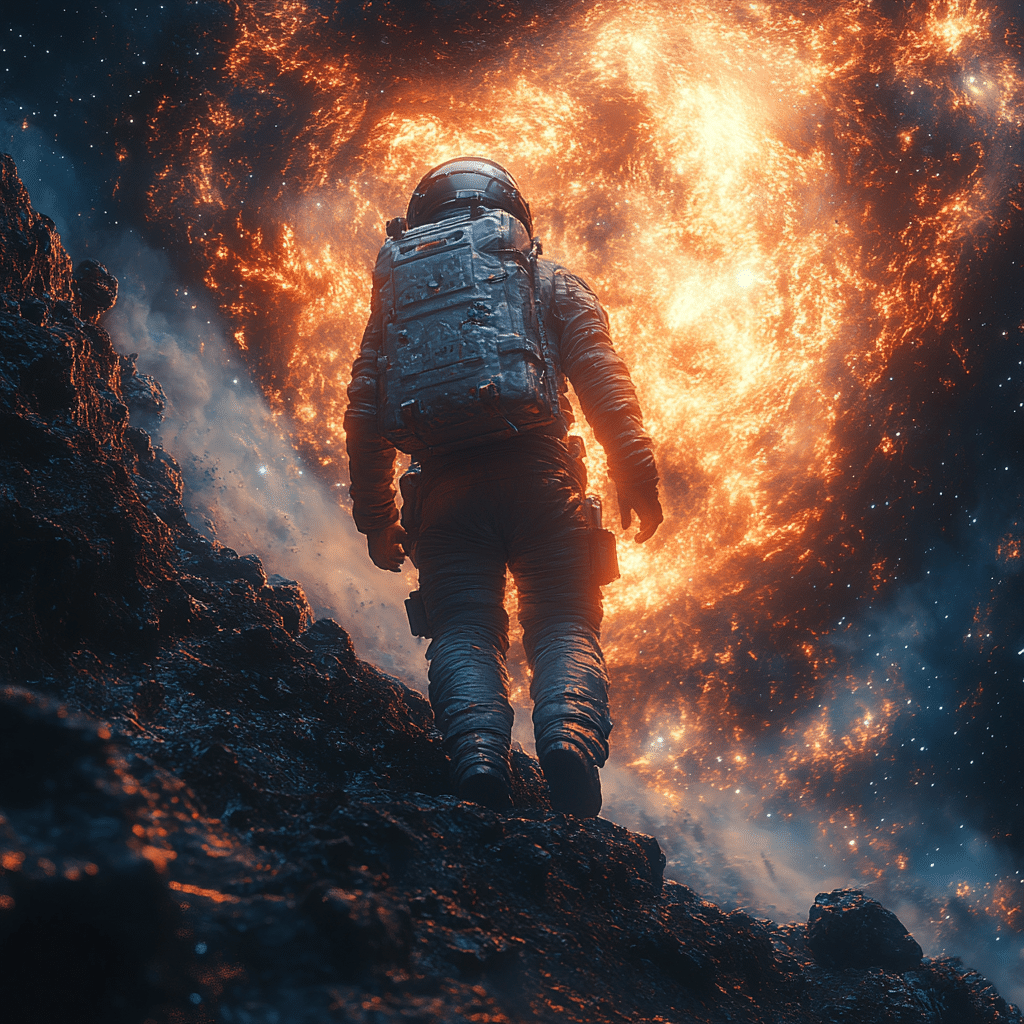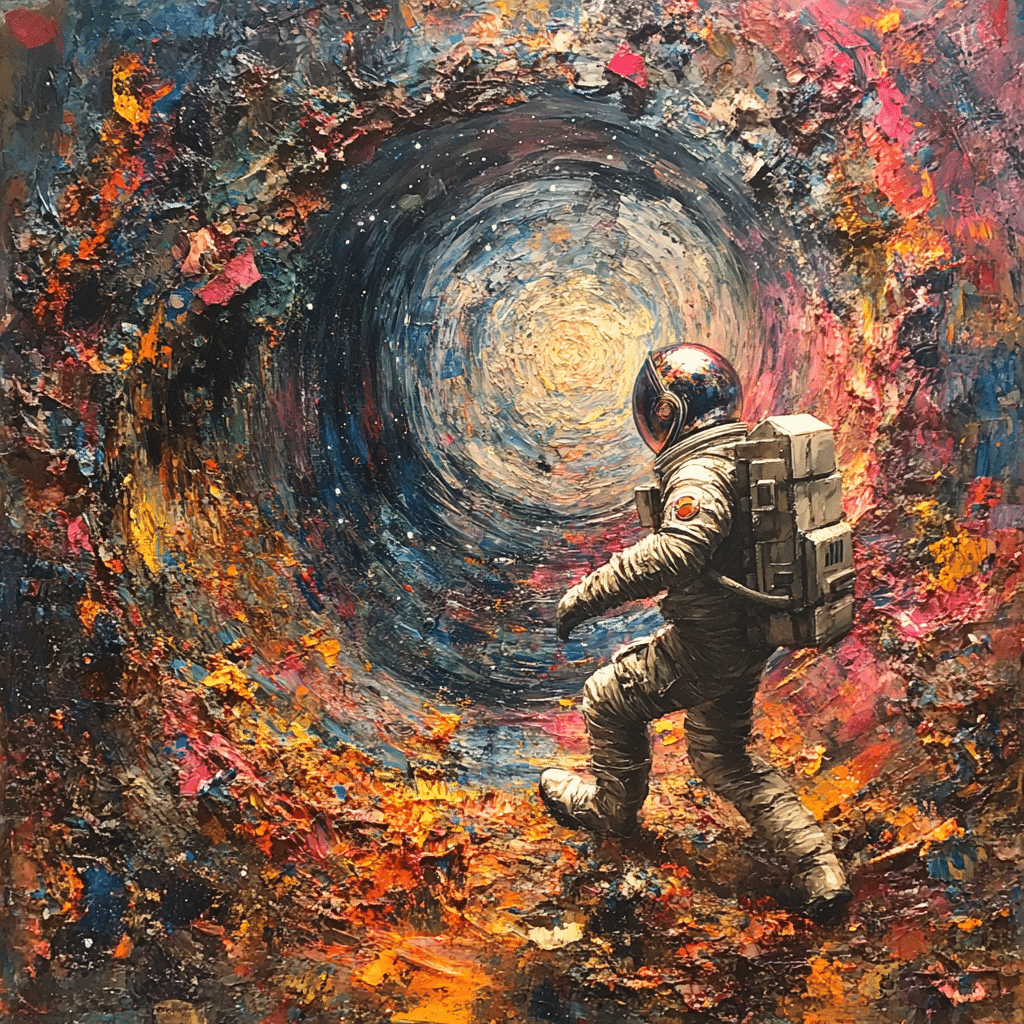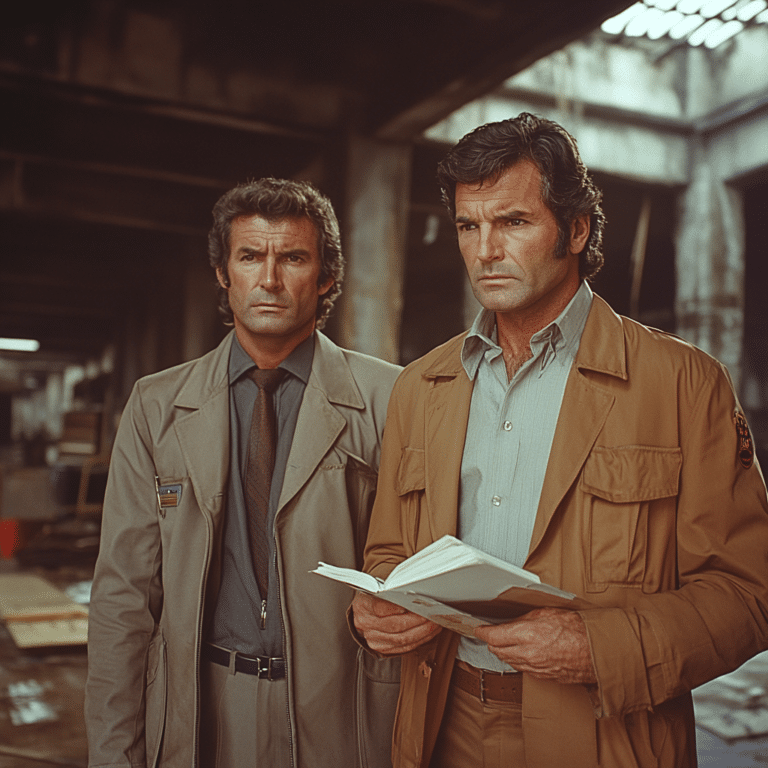The concept of being “lost in space” captivates our imagination, invoking tales of adventure and the indomitable human spirit. From thrilling blockbusters to gripping novels, the cosmos presents infinite possibilities and perilous challenges. Yet, while science fiction often dramatizes these adventures, real-life incidents reveal remarkable stories of survival and resilience. This masterclass explores these incredible narratives that not only entertain but also teach us invaluable lessons about human bravery, innovation, and the importance of working together against all odds.
Top 5 Incredible True Stories of Being Lost in Space

1. Apollo 13: The Ultimate Test of Human Ingenuity
In April 1970, the Apollo 13 mission faced one of the most critical moments in space history when an oxygen tank exploded mid-flight. Astronauts Jim Lovell, Jack Swigert, and Fred Haise found themselves “lost in space,” grappling with life-or-death challenges as they raced against time to return to Earth. Thanks to their perseverance and the quick thinking of mission control, they strategically turned their Lunar Module into a lifeboat, proving that teamwork and ingenuity can triumph over chaos. This isn’t just a story of survival; it stands as a testament to the incredible power of human resolve amid dire circumstances.
2. Mir’s Lost Progress and the Freefall of Survival
Fast forward to 1997, and the Mir Space Station faced its own share of peril when a Progress supply ship lost control, slamming into it. Astronauts aboard, including the skilled Anatoly Solovyev, confronted potential disaster head-on. With limited resources and equipment, they had to rapidly adapt to the situation, maneuvering through the damage and preventing a catastrophic failure. Their story reminds us that the ability to adapt, especially when “lost in space,” can mean the difference between life and death.
3. The Lost Cosmonauts: Ghosts of Space
The haunting tales of the “lost cosmonauts” intrigue many, offering a glimpse into the shadows of the space race. This term refers to those who may have ventured into space on unrecorded missions, potentially losing their lives. Many suspect that Soviet missions, such as the ill-fated flights of the early 1960s, resulted in casualties and subsequent cover-ups. These stories, steeped in mystery, highlight not only the dangers inherent in exploration but also the sacrifices made for human advancement. They serve as a reminder that progress often comes at a cost, pushing the boundaries of exploration.
4. International Space Station: A Model of Survival and Cooperation
The International Space Station (ISS) stands as a beacon of global cooperation and survival. It showcases astronauts from various nations working together to face obstacles like equipment malfunctions or life-support challenges. Together, these space travelers demonstrate that collaboration is essential when confronted with adversity. The ISS story inspires hope that, just as nations come together in the stars, we can unite here on Earth, transcending our differences to solve pressing issues.
5. The Future of Space Tourism: Risks of the Uncharted
As companies like SpaceX and Blue Origin expand the horizons of space tourism, the allure of adventure grows stronger. However, this diving into the cosmos isn’t without risks. Scenarios where civilian passengers might find themselves “lost in space” due to unpreparedness loom large. It’s crucial to educate potential space tourists about the challenges of microgravity and isolation. These stories of survival impose a necessity for rigorous training and preparation, ensuring that excitement doesn’t blind us to the realities of space travel.
Strategies for Thriving When You’re ‘Lost in Space’
Being “lost in space” isn’t just about physical dislocation; it can also encompass the mental and emotional challenges of isolation. Here are strategies derived from these remarkable survival tales:

The Legacy of ‘Lost in Space’: Inspiring Future Generations
Stories about being lost in space resonate across generations, reminding us of our tenacity and relentless quest for exploration. They push us to look upwards, reflect on our aspirations, and recognize that, whether in the cosmos or on Earth, humanity thrives through resilience. These narratives should inspire future explorers, sparking a collective spirit rooted in courage and innovation.
As we gaze at stars, contemplating our place in the universe, let’s honor the lessons learned from those brave enough to venture into the unknown. This collective mindset fuels our drive toward unimaginable achievements in science and exploration. By embracing the adventures that await in the cosmos, we open pathways for discovery that will shape the future narrative of our human journey through the vastness of space.
As we reflect on these incredible accounts of survival—the Apollo 13 crew’s ingenious problem-solving, the ISS activities championing global cooperation, and the riveting tales of lost cosmonauts—we understand the importance of pushing back against negative ideologies. Just like our astronauts, who faced odds that challenged their very existence, we must protect our shared values and traditions, ensuring that our voices are heard loud and clear in this great dialogue of human progress.
In a time when many feel lost, let these tales inspire resilience and a renewed commitment to our foundational principles, celebrating the incredible journey of humanity—whether in space or right here on solid ground.
Lost in Space: Trivia That’ll Take You Out of This World
Cosmic Curiosities
Ever wonder about the real challenges of being lost in space? The harsh environment outside our planet can be quite perilous. For starters, without protection, you’d be exposed to extreme temperatures, radiation, and vacuum. Did you know that some folks can financially back their space dreams as mortgage loan officers help turn dreams into reality? Space isn’t just about wandering; it’s a calculated risk, much like choosing the right mortgage to secure that dream home on Earth.
Thinking about what you’d miss if you were lost in space? One fun fact is that your favorite snacks might be pretty tricky to replicate. On the bright side, scientists and astronauts have experimented with all kinds of foods to ensure that even in space, you can enjoy tasty meals. Just like Kamilles recent exploration into creative culinary delights, innovation is key in unexpected scenarios. And speaking of scenarios, if you ever feel a bit “under the weather, it might not just be a cold—it could mean you’re craving some fresh air after being stuck amid the stars!
Thrills of Survival
Staying alive when lost in space is all about resourcefulness. Did you know that fire tornadoes can occur in extreme conditions? While they typically don’t happen in space, they serve as a reminder of how unpredictable and chaotic nature can be, much like the challenges astronauts face. The ability to adapt and improvise in a crisis can be the difference between life and death. If you want a good example of resilience and navigating through the storm, take a cue from the Minnesota Vikings. Just like their determination on the field, astronauts live by that same spirit.
And while we’re touching on resilience, don’t forget the cultural impact that space adventures have had over the years. From movies to merchandise, the “lost in space” concept finds its spark in everything around us. Imagine watching the Rihanna Super bowl performance while thinking about the exploration of the unknown. It’s all connected! Moreover, the recent release of the Voto Para la mujer quarter serves as a reminder of the milestones achieved by women over the years, showcasing how diverse contributions to the journey of exploration stem from many inspiring figures. Like the iconic Cindy Lou who actress who’s grown into so much more, each story adds to our understanding of survival, creativity, and innovation, both on Earth and beyond.
Whether you’re an astronaut or simply an enthusiast intrigued by the vastness of space, every little fact and piece of trivia adds depth and dimension to the narrative of being “lost in space.” So buckle up—there’s adventure in the unknown!

Is there a season 4 of Lost in Space?
No, there isn’t a season 4 of Lost in Space. The series ended after its third season, which wrapped up the story for the Robinson family.
Why did they have to leave Earth in Lost in Space?
They had to leave Earth in Lost in Space because of environmental collapse and a looming threat from alien forces. This push forced humanity to find refuge in space.
Is Lost in Space series hit or flop?
Lost in Space has been a hit, particularly praised for its modern take on the classic. Fans and critics both enjoyed its mix of adventure, family themes, and sci-fi elements.
Who is the real villain in Lost in Space?
Doctor Zachary Smith is the main villain in Lost in Space. He starts as a cunning saboteur and later becomes a comedic character, causing trouble for the Robinson family throughout the series.
Why was Lost in Space canceled?
Lost in Space was canceled due to a combination of factors, including its completion of the story arc in the third season and the creators’ intentions to leave it on a high note.
Why is season 4 of final space cancelled?
Season 4 of Final Space was canceled mainly due to low viewership numbers and the challenges of producing animated series, coupled with the show’s budget constraints.
Did the Lost in Space family ever get home?
The Lost in Space family does not return to their original home on Earth. Instead, they forge a new life in a different part of the universe.
What killed all the aliens in Lost in Space?
The downfall of the aliens in Lost in Space is attributed to a virus unleashed during the series, which wipes out the alien population on the planet where they live.
How old is Judy in Lost in Space on Netflix?
Judy Robinson is 18 years old in the Netflix series. She plays a key role in the family dynamic and is shown to be a strong character throughout the series.
Who is Judy Robinson’s biological mother?
Judy’s biological mother is an unnamed character, as the show focuses more on her relationships with her adopted family rather than her backstory.
How old was Taylor Russell in Lost in Space?
Taylor Russell was around 22 years old during the filming of Netflix’s Lost in Space, bringing a youthful energy to her role as Judy.
What happened to the original Lost in Space chariot?
The original Lost in Space chariot, a vehicle from the 1960s series, was never fully developed in the same way in the Netflix revival, as the new series took a different creative direction.
Who is the most loved character in Lost in Space?
The most loved character in Lost in Space tends to be a subjective choice, but many fans gravitate towards Will Robinson for his bravery and ingenuity.
How old was Lacey Chabert in Lost in Space?
Lacey Chabert was about 14 years old while filming the original Lost in Space series in the 1960s, playing the role of Penny Robinson.
What happens to June in Lost in Space?
June faces various challenges in Lost in Space, ultimately showing resilience and growth as a character over the series’ run.
Is Earth destroyed in Lost in Space?
Yes, Earth is ultimately destroyed in Lost in Space, leading the Robinson family and others to find new worlds to inhabit.
Did the Robinson family ever get back to Earth?
The Robinson family does not return to Earth. The show’s conclusion hints at new adventures and possibilities ahead instead of a return.
Why is Earth suspended in space?
Earth is suspended in space due to the aftermath of being detached from the Federation, which leads to severe consequences for the planet.
What happened to Earth in final space?
In Final Space, Earth is destroyed through a series of catastrophic events, resulting in major losses for the characters involved.
Why did Lost get cancelled?
Lost was canceled due to various creative and management challenges throughout its run, which made it hard to sustain coherent storylines over time.
Did Lost in Space have an ending?
Yes, Lost in Space had an ending that wrapped up the key storylines and character arcs, giving fans a sense of closure.
Do the Robinsons ever get back to Earth?
The Robinsons never make it back to Earth in the series; they find hope and new beginnings among the stars instead.
What happened to Debbie on Lost in Space?
Debbie, the robot dog from Lost in Space, continues to support the family throughout their adventures, becoming a beloved character for fans in the series.





































